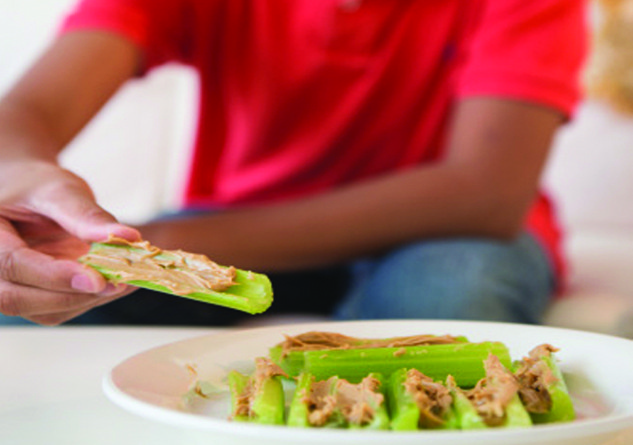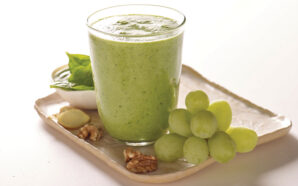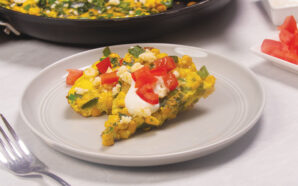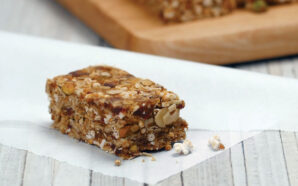NAPS
Here’s good news about tasty treats: Adolescents at high risk for obesity significantly reduced their Body Mass Index (BMI) by substituting peanuts and peanut butter for unhealthy snacks according to a new USDA-funded study.
“Obesity is the most pressing public health issue facing us today,” said Dr. Craig Johnston, principal investigator at the University of Houston. “We’d like to think it’s preventable but until now there haven’t been many studies showing large scale effective measures.”
Instructors guided over 250 adolescents through a program of physical activity and nutrition education. About half the students received an after school snack of peanuts or peanut butter about four times a week, while the rest had peanuts less than once a week.
“We have a lot of kids skipping meals for a lot of reasons,” Dr. Johnston said. “What we found is that kids get home from school around 4 p.m. There’s less supervision by parents and less structure. Kids are sitting down at the TV and eating, eating, eating,” he added.
On average, American children consume between two and three snacks a day, a quarter of their daily energy intake. Data has shown that some children are actually eating snacks up to ten times a day.
Peanuts and peanut butter were chosen as snacks because they are very high in protein—more than any other nut, in fact. The protein promotes the feeling of fullness and cuts the number of snacks needed. Peanuts also have a very concentrated number of important nutrients.
Following the 12-week study, students spent another 12 weeks maintaining the healthy snacking habit. At the end, those students who ate the snack more regularly experienced a decrease in their overall BMI compared to those who did not.
The new nutrition standards for USDA’s Smart Snacks in School highlight peanuts as one of the healthiest snacks with zero empty calories. The standards apply to all snacks sold during the school day in cafeterias, vending machines, school stores and snack carts. You can read more about Smart Snacks in School at www.fns.usda.govealthierschoolday.
Researchers at University of Houston, Baylor College of Medicine and Texas Woman’s University conducted the study. Their findings are published in the Journal of Applied Research on Children.
Learn More
For recipes and further facts about the nutritional benefits of peanuts and healthy snacking, visit www.peanutpower.org or www.peanut-institute.org. Peanuts and peanut butter can go a long way toward helping young people grow up healthy






